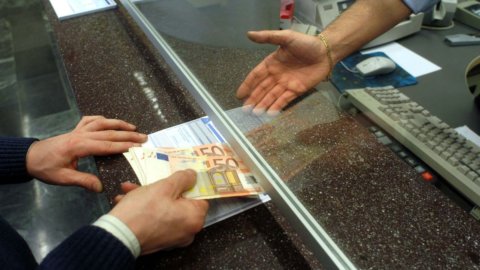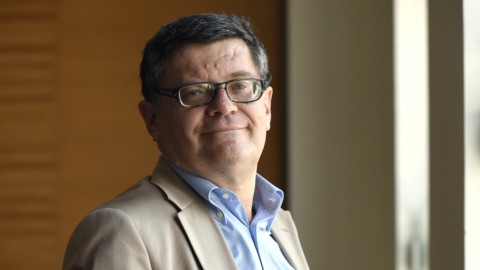Now Carlo Calenda knows it. Steel is hot and can burn those who approach it without the necessary attention and caution. After Taranto, left in place until the next government, even in Piombino the Minister was too hasty to declare the former Lucchini game closed in favor of the other Indian steel player, Naaven Jindal, left at the door of the Apulian plant by the Group which belongs to Lahshmi Mittal. If in Taranto institutional tripping and legal traps play points in favor of the young Minister and his initiative to keep Europe's most important plant alive, the same cannot be said for the Piombino affair.
A story tackled without the protective screens of discretion, with too many protagonists and consultants, in a hurry, with a government commissioner for the liquidation of the former Lucchini assets taken by the frenzy of firing on the spot the Algerian owner of Aferpi without however indicating a clear line of transition to new ownership. It seemed to many that it could be hinted that... by lengthening the liquidation of the receivership, one could reasonably count on a renewed period of assistance for the employees and to go back to being the "dominus" of a plant that saw him for more than thirty He was a public administrator, then a salesman, then a private administrator and finally a commissioner when the books were taken to court and the problem returned to the government again.
Carlo Calenda then announced to the people of Piombino that the production site was now safe and ready for a relaunch project in the solid hands of Jindal and with Algerian Aferpi in retreat. A matter of hours and then, in black and white, the steel returned to Val di Cornia. With Jindal, as we know, the Lombard Giovanni Arvedi also moves as an ally with his gaze turned towards the Magona d'Italia, the plant that flanks the historic steel site. Then the hours turned into days and, finally, into a…see you after the elections. Which allowed Matteo Salvini and his League to maramaldeggiate for a whole day between Piombino and Follonica shouting to the whole world that if he goes to the Government to make trains and ovens work, the State would return. A nice pie baked for the palate of neo-statists, cheap sovereignists and capable of reviving the reassuring memory of public udders.
Jindal did not deny his interest. On the contrary! He has simply put Taranto's story to good use and therefore wants to walk softly in search of certainties and clear and defined starting points. Thus the eye of his consultants falls repeatedly on environmental issues brought to light by seizure orders and recent investigations by the Livorno judiciary. Then the question of port concessions and state-owned lands and their duration, which are now in the lead of the Algerian aferpi and which Jindal wants fully recognized within his initiative. In the meantime he has his ally Arvedi play the Magona card that Acelor-Mittal has to cede due to European market protection rules but which would like to "castrate" by dismantling the pre-painted lines those with higher added value.
Jindal knows that Piombino has a competitive rolling line in wire rod and borde. He knows the technologically advanced state of the rail system, strong in long-term contracts with the railways, competitive in metropolitan transport and with a European market controlled in common with only Voestalpine. Alongside the old steel plant there is also a good train for long products whose revamping could result in a plant capable of competing with many private individuals. Finally, the brand new rebar train, disassembled from the former Stefana di Ospitaletto, could represent the completion of the entire range of long lines for Piombino.
Five or six million tons which would alarm the people of Brescia and a market that has become attractive again with very appetizing margins. The only reflection (not yet matured in the project) is around the steel needed to feed the rolling lines. Take up the continuous cycle plant with new technologies or rely on the potential of an electric steel mill? A knot that must be resolved but without haste since slabs and billets will be able to land in tons from both India and Cremona in the port of Piombino.





